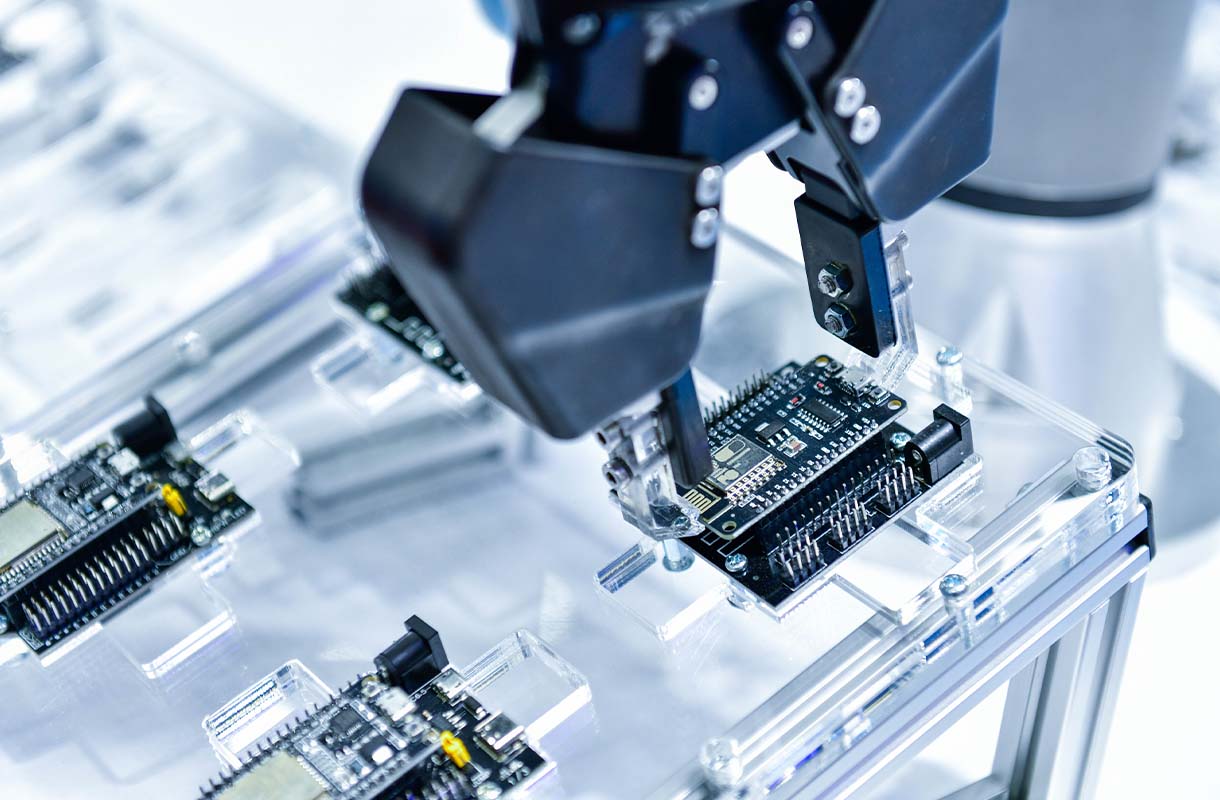MID-YEAR OUTLOOK | 2025Comfortably uncomfortable
Investors are shaken. The building blocks they had taken for granted – a durable economic expansion, limited new barriers to global trade, and continued spending on artificial intelligence – are suddenly at risk. Lofty expectations at the start of the year have collided with a far rougher reality.
Key insights from the 2025 Mid-Year Outlook
Should investors cheer or fear Trump 2.0?
Economic growth and corporate earnings are facing headwinds from tariffs and broader policy uncertainty. These risks seem likely to fuel more near-term volatility, but the strength of the macroeconomic starting point could help markets endure the pressure. With expectations for lower interest rates and deregulation, we believe stock markets in the U.S., Europe and Japan could reach new highs within the next year.

Is your portfolio resilient to growing risks?
In the decade following the Global Financial Crisis, U.S. assets – especially stocks – thrived in an environment characterized by better economic growth, low inflation and low interest rates. Now, investors confront risks to both growth and inflation amid ongoing policy uncertainty. It is a significant shift with crucial implications, prompting a need to revisit ways to enhance portfolio resilience. Consider the broad spectrum of options to do so.

Is this the downfall of the U.S. dollar?
Fears of the U.S. dollar’s demise are likely overstated. Its status as the world’s reserve currency remains well-entrenched, but that doesn’t mean that we aren’t entering a phase of dollar depreciation after a period of strength. To mitigate the risks, explore ways to hold exposure to other currencies like the euro and yen. Building a globally diversified portfolio can help you do so.

Why isn’t anyone talking about AI anymore?
Artificial intelligence (AI) models are quickly getting “smarter” – and at lower costs. Those like DeepSeek, released by a Chinese startup earlier this year, have challenged investor assumptions about the future of AI. Agentic AI programs that can perform with human-like intelligence will likely define the next wave of software innovation. Expect better user experiences, accelerated adoption and productivity gains across sectors and geographies. Investors may have lost focus on AI through a policy-dominated springtime, but it deserves attention now more than ever.

What’s the deal with dealmaking?
After learning the outcome of the 2024 U.S. presidential election, the consensus assumption on Wall Street was for a revitalization of dealmaking and capital market activity. This has yet to materialize. While private market transactions have proceeded at a reasonable clip, public market activity – like initial public offerings – remains subdued. It’s worth keeping a close eye on how market-friendly the new leadership of the U.S. Federal Trade Commission will be.

Closing thoughts: Comfortably uncomfortable
As we strive to help investors find opportunity in uncertainty, each element of our outlook leads to a consistent conclusion: the value of diversification. That considered, we are keen to note that diversification is an outcome of an effective goal-aligned approach to your finances – not the objective. Thorough consideration of factors like your starting point, time horizon, risk tolerance and expected contributions and distributions help determine which risks you may need or be willing to take in different parts of your portfolio. Keep the intentions for your money centered as you build and evolve your wealth plan.
Two ways to invest with J.P. Morgan
Invest on your own
Learn about Self-Directed Investing
Build your investment portfolio on your own with unlimited $0 commission online trades.
Invest with our advisors
Learn about our advisor services
Work 1:1 with an advisor and access a wide range of investments catered to your needs, starting with a minimum investment of $25,000.
By providing your mobile number, you are giving permission to be contacted on that number about your investment contact form. Your consent allows the use of text messages, artificial or prerecorded voice messages, and automatic dialing technology for informational and account service, but not for sales or telemarketing. Message and data rates may apply, message frequency varies. You can opt out of receiving messages at any time by texting STOP or you can text HELP for more info. Terms and Conditions & Privacy Policy.
*All form fields required
Click “continue” once to have a J.P. Morgan team member contact you.
Mid-Year Outlook 2025: Comfortably uncomfortable
"Uncertainty" is the now-ubiquitous word—for businesses weighing capital investment, households pondering the next big purchase and investors making asset-allocation decisions.
Join Stephen Parker, Co-Head of Global Investment Strategy at J.P. Morgan, Grace Peters, Co-Head of Global Investment Strategy at J.P. Morgan, and Clay Erwin, Global Head of Investment Sales & Trading at J.P. Morgan, as they explore the opportunities in uncertainty—if you know where to look.
Five essential questions can help pave the way:
- Should investors cheer or fear Trump 2.0?
- Is your portfolio resilient to growing risks?
- Is this the downfall of the U.S. dollar?
- Why isn’t anyone talking about AI anymore?
- What’s the deal with dealmaking?
Date: May, 20, 2025
Time: 11:00 a.m. ET
